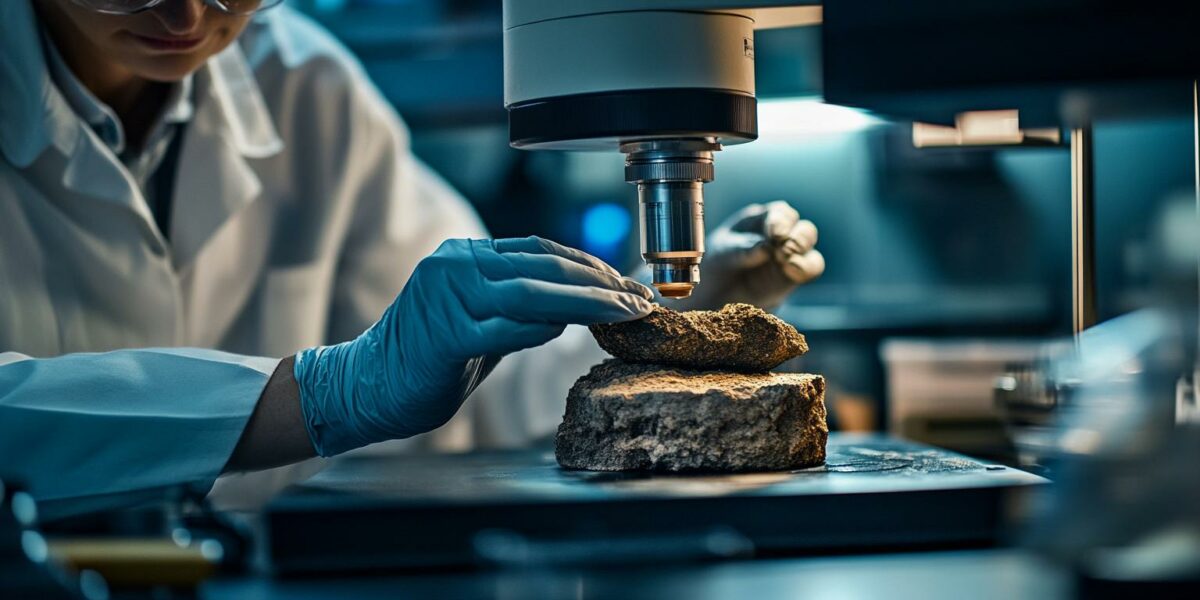Unveiling Ancient Climate Change Thresholds
Massive volcanic eruptions over 120 million years ago released enormous amounts of carbon dioxide into the atmosphere, triggering an extensive ocean deoxygenation event. This new research, published in Nature, highlights a climate tipping point with significant implications for today’s climate understanding.
The study, led by Kohen Bauer from Ocean Networks Canada, reconstructs historical climate processes using sediment samples. These samples, dating back 115-130 million years, provide a high-resolution record of environmental changes during the Early Cretaceous.
By analyzing the geochemical composition of rocks, researchers identified a period when volcanic CO2 emissions led to a rapid increase in atmospheric concentrations, crossing a critical climate threshold. Following this, the Earth experienced a prolonged period of warmed climate lasting over two million years.
Today’s climate scenarios suggest that human-generated CO2 emissions could similarly push the climate system toward this threshold, intensifying ocean deoxygenation. Bauer emphasizes the potential severity of global anoxia on species, ecosystems, and human health.
Natural Recovery Processes
The ancient oceans eventually reoxygenated, but this recovery took over a million years, driven by natural processes. The key mechanism was silicate rock weathering, which gradually drew down atmospheric CO2 levels below the critical threshold.
Rock weathering is a vital part of the Earth’s long-term carbon cycle, helping to stabilize the climate by regulating CO2 levels. Once CO2 concentrations fell, the oceans reoxygenated rapidly, ending the prolonged period of deoxygenation.
Understanding these natural feedback mechanisms is crucial for predicting future climate behavior. The study provides essential context for exploring the relationships between climate warming, ocean deoxygenation, and broader biosphere impacts.
The research highlights three significant points:
- Massive volcanic eruptions drastically altered ancient climate and ocean conditions.
- Natural processes eventually restored ecological balance, but over extended periods.
- Similar processes today could have severe impacts on modern ecosystems.
Implications for Modern Climate
While current CO2 levels are lower than those during the Early Cretaceous, the rate of anthropogenic emissions is much faster. This rapid increase poses significant risks of crossing modern climate thresholds, leading to ocean deoxygenation.
The research underscores the importance of understanding past climate events to inform present-day climate strategies. By examining ancient records, scientists can better predict potential future climate scenarios and their impacts.
Empirical data from Earth’s history provides valuable insights into the interplay between climate warming, ocean oxygen levels, and broader environmental changes. These findings emphasize the need for robust climate mitigation strategies.
Real-time data on oxygen concentrations in the Northeast Pacific Ocean is available through Ocean Networks Canada’s portal, offering vital information for ongoing climate research and monitoring.
Broader Scientific Context
Related studies in Nature Ecology and Evolution highlight the critical role of aquatic deoxygenation as a planetary boundary. Such boundaries are key regulators of Earth system stability, with thresholds that should not be crossed.
The UNESCO Global Ocean Oxygen Network (GO2NE) provides further insights into ocean deoxygenation and its impacts, emphasizing the global significance of maintaining stable oxygen levels in marine environments.
Ongoing research and monitoring are essential for understanding the complex interactions between climate change and ocean health. These efforts contribute to a broader scientific understanding of how Earth’s systems respond to significant environmental changes.
By studying ancient climate events, scientists can draw parallels to modern-day scenarios, offering critical knowledge for developing effective climate adaptation and mitigation strategies for the future.



Sadie
Fascinating but also quite scary 😱. How do you think this new information will influence current climate policies?
savannahfrost
Great article, but I’m curious about the rate at which CO2 levels are rising today compared to back then. Could we see similar effects in our lifetime?
Scarlett8
Thank you for sharing this. It’s crucial to understand past events to better prepare for the future. Much appreciated! 😊
skylar
How come we didn’t know about these ancient climate events before? This seems like crucial information that’s been hidden for too long!
Charles
Really interesting read! 👍 I wonder how accurate these rock sample analyses are over such a long timescale?
max
Wow, this is alarming! Does the study suggest any immediate actions we should take to prevent reaching this tipping point?